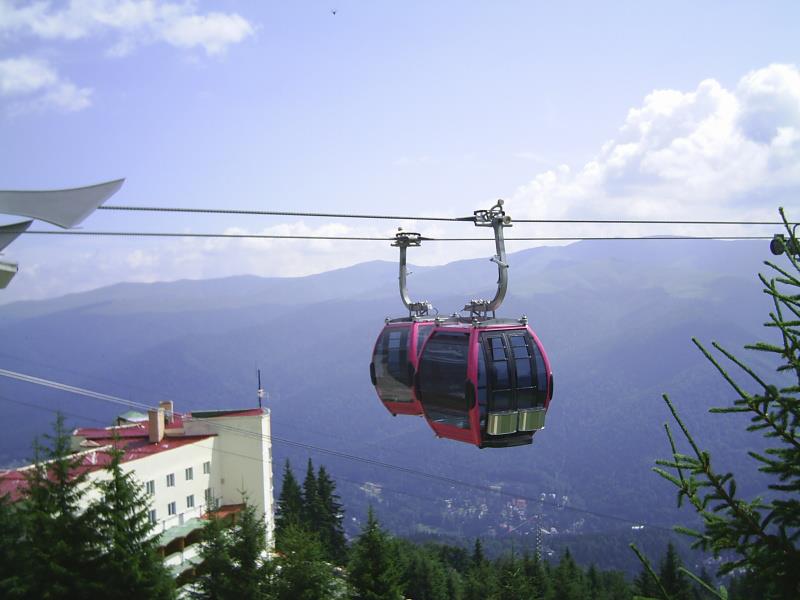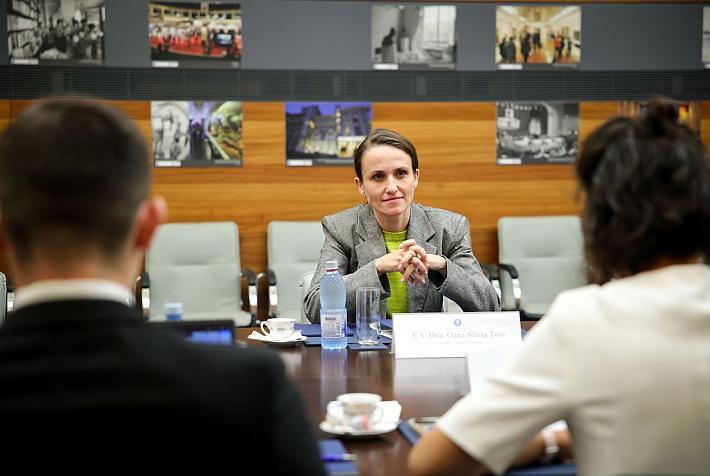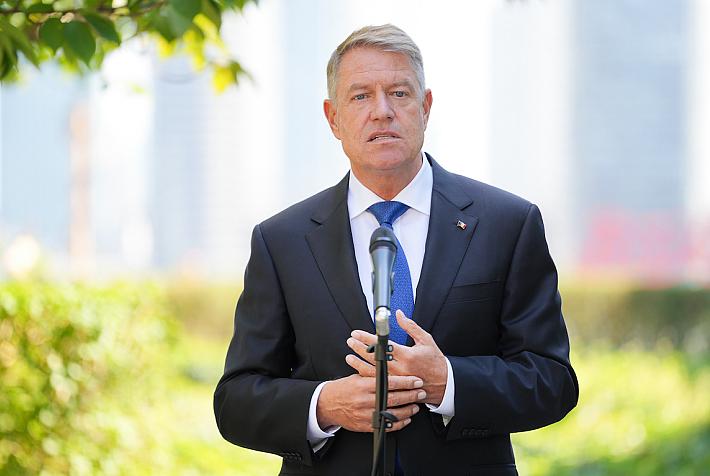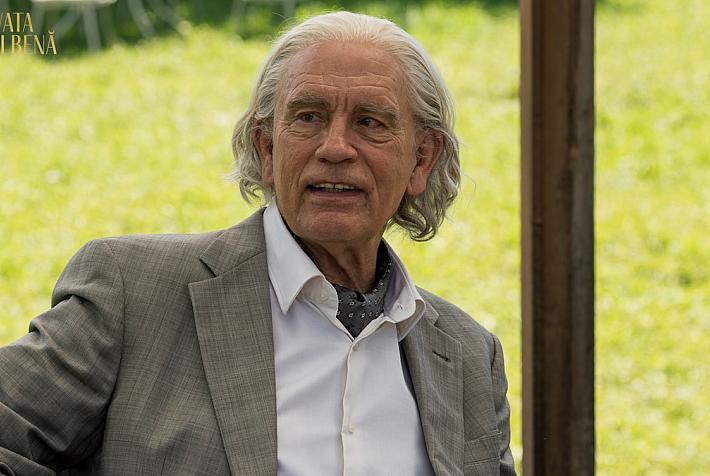Cable cars in Sinaia, Romania to remain city property following legal victory


Leasing company Dunarea IFN's efforts to wrest Sinaia's cable cars from public ownership via a forced execution have been halted by a court decision to quash the attempt. Following decision the cable cars (telegondola) in Sinaia will continue to be public property. The decision sets the precedent that public property cannot, under any circumstances, be the object of a forced execution procedure, according to lawyers involved in the case.
This is the final act in a year long dispute aiming to put an end to the steps taken by leasing company Dunarea IFN to recover its debts from the Sinaia city authorities by taking over the Sinaia cable cars.
“The Sinaia cable car system remains city property, as it has always been, the fact that this is a public asset being unquestionable,” stated Gheorghe Buta, Deputy Managing Partner, Musat&Associates, the law firm acting on behalf of Sinaia's authorities. “This tourist attraction was entirely built out of public money, and the closure of this case through the asset being acknowledged as property of the City Hall is an important victory, both for the city dwellers and for the rest of the country,” said Buta.
Buta also pointed out that “forcing the limits of leasing contracts” appears more and more often as the source of forced execution procedures abusively initiated by leasing companies, a situation which leasing beneficiaries are practically “forced to tolerate”.
In the case of the City of Sinaia versus leasing company Dunarea IFN, the local authority took the latter to court on account of a breach of contractual obligations. Dunarea IFN retaliated by terminating the leasing contract with the City of Sinaia and by initiating a forced execution procedure against the cable car operator, Sinaia Urban Transportation. Musat&Associates obtained a provisional suspension of the forced execution decision issued at the time, and no challenge was brought against the suspension.
Musat&Associates has more than 35 lawyers within its Litigation department dealing with over 3,000 cases. Its most recent successfully completed cases in the Romanian law courts dealt with EUR 400 million worth of claims made on account of public sanitation services provided in Bucharest and with the purchase of new trains for the Bucharest metro network.
Ioana Jelea ioana.jelea@romania-insider.com
(photo source: Telegondola Sinaia's Facebook)











